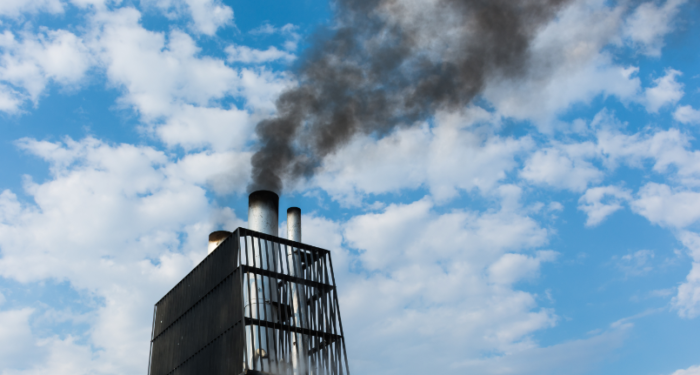IMO’s ambitious 2030 targets cannot be achieved only by switching conventional diesel oil to LNG as a marine fuel, but research in the field of other alternative fuels, such as ammonia and hydrogen, are also critical, says Japanese shipping company K Line.
In its New Year message for 2020, K Line President Yukikazu Myochin noted that the organization has meticulously prepared each member of at-sea and on-land personnel under the slogan of “Never stop the ship”, as compliance with 2020 sulphur cap is a significant change to shipping industry.
An even greater challenge lies ahead in reducing GHG, as IMO has set the ambition to reduce shipping’s GHG emissions by at least 50% by 2050 compared to 2008.
In order to cope with these changes, K Line announced the construction of an LNG-powered car carrier, as part of in its Environmental Vision 2050 at the end of last year.
Meanwhile, K Line announced participation in an LNG fuel supply business in Singapore with Shell in addition to the launch of a joint venture in the Chubu Region.
However, we cannot reach IMO’s 2030 targets by simply switching diesel oil to LNG fuel; on top of that, we must continue to study new technologies as “LNG + (plus)”, such as the self-flying energy kites announced last year that utilize wind power,
…Mr. Myochin noted.
To reach its 2050 goals, K Line will accelerate research in alternative fuels such as ammonia, and methanation fuels in addition to hydrogen, participated in demonstration of shipping liquefied hydrogen through HySTRA in last November, he added.
Since 2017, financial indicators for the company have fallen short of target due to factors including structural reforms in response to unexpectedly poor market conditions and a temporary deterioration in the bottom line caused by the teething problems of ONE’s first year of operation.
In April 2020, K Line will launch a new medium-term management plan, but there will be no change in its core philosophy, Mr. Myochin stressed.






























































